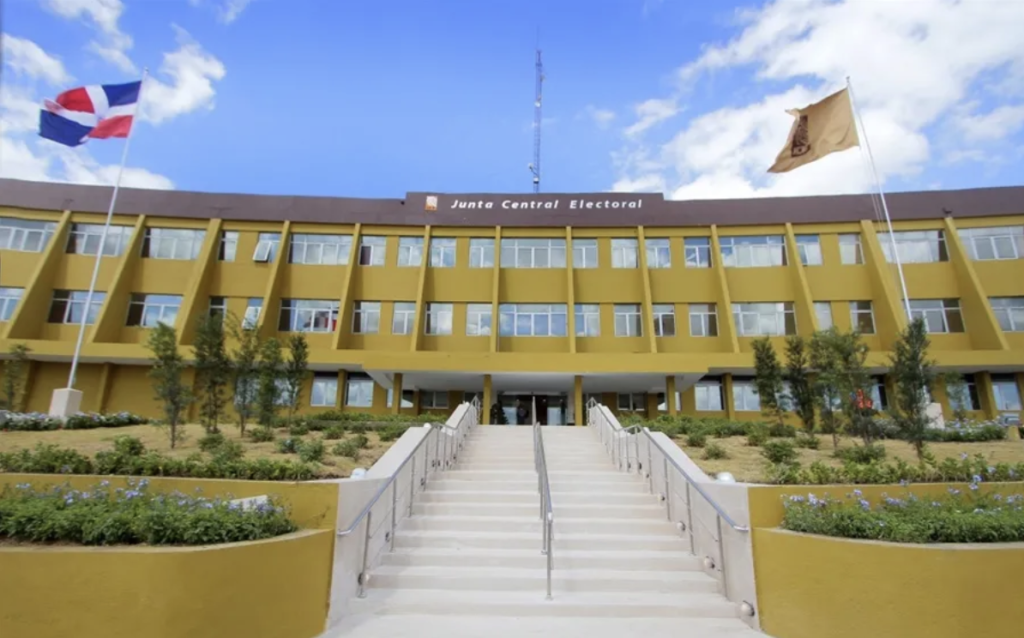
The Central Electoral Board (JCE), in its capacity as the autonomous constitutional authority responsible for electoral matters, civil registration, and identity and electoral cards, issued a note on its website on 27 August 2024 responding to the media report in El Dinero whereby children of Haitian mothers are being incorrectly registered as Dominicans.
The JCE clarifies that, according to Articles 18 and 25 of the Constitution of the Republic, children born to foreign nationals who are either in transit or residing illegally in the Dominican Republic are not considered Dominican citizens. Such children are required to be registered in the Foreigners’ Register, in compliance with established legal procedures.
The JCE said it has initiated an immediate and thorough investigation. It will also compile accurate statistical data regarding births registered in the Dominican civil registry. It explains the results of the investigation will be shared with the public in due course.
El Dinero news stories by journalists Freddy Martinez and Esteban Delgado have revealed that 67.7% of children born to Haitians in 2023 were registered as Dominicans in the Dominican civil registry, despite constitutional provisions requiring the registration of children born to foreign nationals residing illegally in the country in a separate foreign registry.
El Dinero says it reported data from the National Health Service (SNS) and the National Office of Statistics (ONE) that reveal that of the 38,514 births to Haitian mothers in public hospitals in 2023 at least 26,009 were certified as Dominican. SNS statistics indicate Haitian births were 38,514 to Haitian mothers or 35.7% of the total births in those medical centers.
There is no statistics as to how many of those mothers have any official identity. Most people in Haiti do not have civil identity because this is not issued regularly by the government.
In response, the JCE defended the integrity of its civil registry offices, asserting that all registrations are conducted in strict compliance with the Dominican Constitution, laws, and court rulings. However, the electoral body has acknowledged the gravity of the allegations and has ordered a comprehensive review of birth records.
The Dominican Constitution, specifically Articles 18 and 25, clearly states that children born to foreign nationals residing illegally in the country are not considered Dominican citizens and must be registered in the foreign registry.
El Dinero reported that of the total 156,024 births registered in the Dominican Republic in 2023, at least 16.7% or 26,009 were to Haitian mothers.
With the medical system collapsed in Haiti, birthing tourism is big business, and Haitian mothers pay their way to get to the emergency rooms of Dominican public hospitals to receive free birthing services. A Haitian woman who gets a Dominican man to pose as the father would be allowed to register the child as a Dominican. This works for new migrants, Haitian women just coming to give birth, and for the hundreds of thousands of undocumented women from Haiti who now live in the Dominican Republic.
The lack of identity issue in Haiti is a major human rights calamity that has not yet merited the attention of Haitian governments nor the international community. The critical social situation is escalating given the large number of Haitians migrating here and giving birth in the Dominican Republic.
Read more in Spanish:
El Dinero
El Dinero
JCE Instagram
The St. Kitts Nevis Observer
28 August 2024

